What Mediterranean environmental crisis means for Türkiye’s future
 The Mediterranean Sea becomes a hotspot for plastic pollution. (Photo by UN Environmental Programme)
The Mediterranean Sea becomes a hotspot for plastic pollution. (Photo by UN Environmental Programme)
Imagine a world where the Mediterranean Sea, a body of water that has shaped the history, culture, and economies of Türkiye and other nations, suddenly vanished. A severe Mediterranean environmental crisis may sound like a distant nightmare, but it nearly became a reality 5.5 million years ago.
During that time, natural geological forces isolated the Mediterranean from the Atlantic Ocean, causing it to dry up almost completely. This event, known as the Messinian Salinity Crisis, transformed the sea into a barren salt desert, triggering one of the most devastating extinction events in Earth’s history.
For those living along the Mediterranean’s shores today, including millions in Türkiye, this ancient catastrophe serves as a chilling reminder of the delicate balance that sustains our environment. The crisis wiped out nearly all marine life in the Mediterranean, leaving a wasteland that took over a million years to recover.
The environmental pressures that caused the Mediterranean to dry up may not be the same as those we face today, but the consequences of neglecting our planet’s fragility are equally dire.
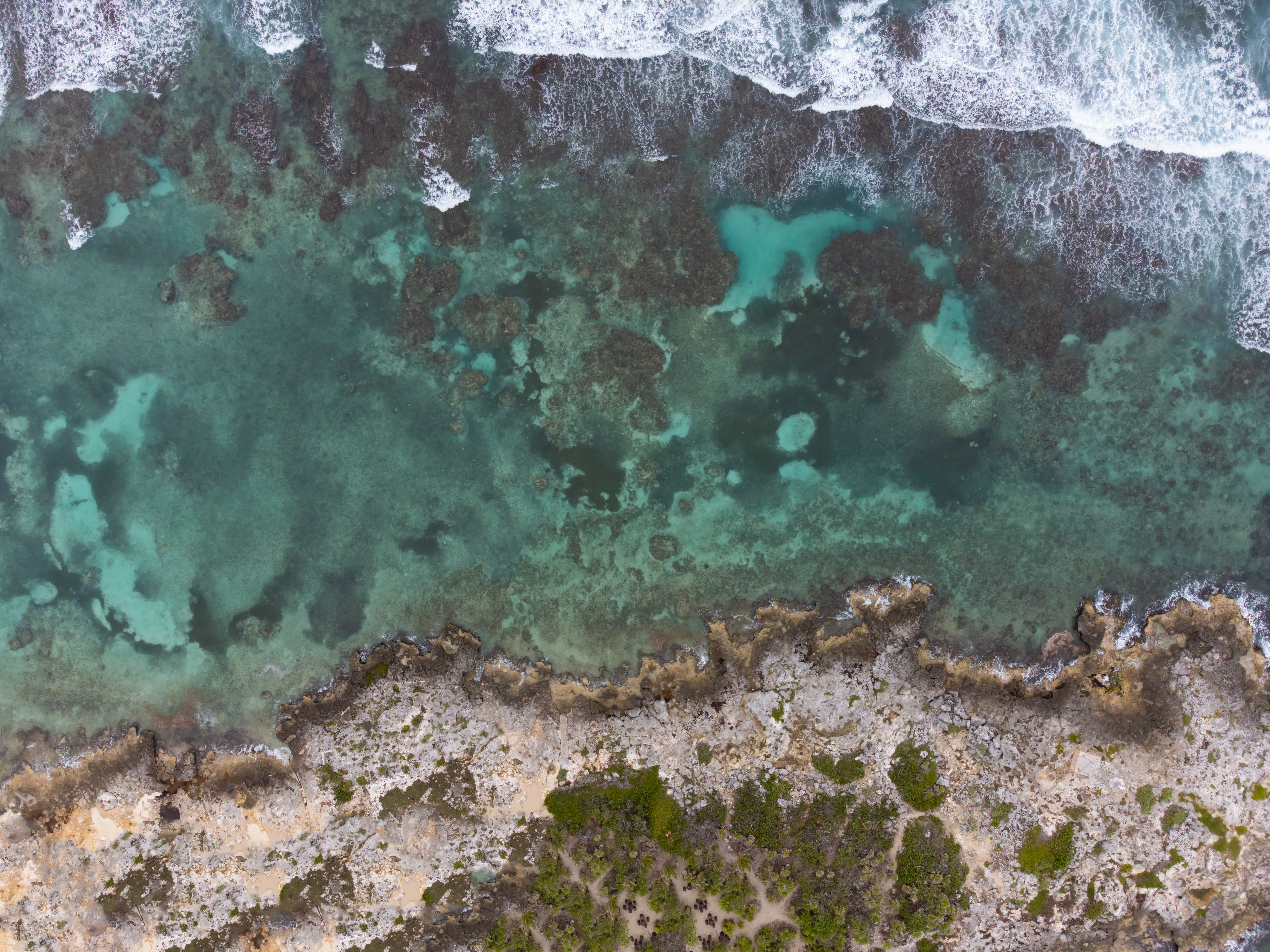
Mediterranean Sea underwent a massive environmental crisis
During the late Miocene epoch (23.03 million – 5.333 million years ago), the Mediterranean basin became isolated from the Atlantic Ocean due to the movement of tectonic plates. As the sea became cut off, its waters evaporated rapidly, leaving behind a thick layer of salt. This process took around 190,000 years, during which the Mediterranean Sea became a desolate salt desert. The consequences for marine life were severe.
A study led by the University of Vienna in collaboration with the Spanish National Research Council Nearly revealed that all endemic species in the Mediterranean were wiped out.
The research, which analyzed fossil data from between 12 and 3.6 million years ago, revealed that of the 779 species documented before the crisis, only 86 survived. Tropical corals, which once thrived in the Mediterranean, vanished completely, unable to adapt to the extreme conditions.
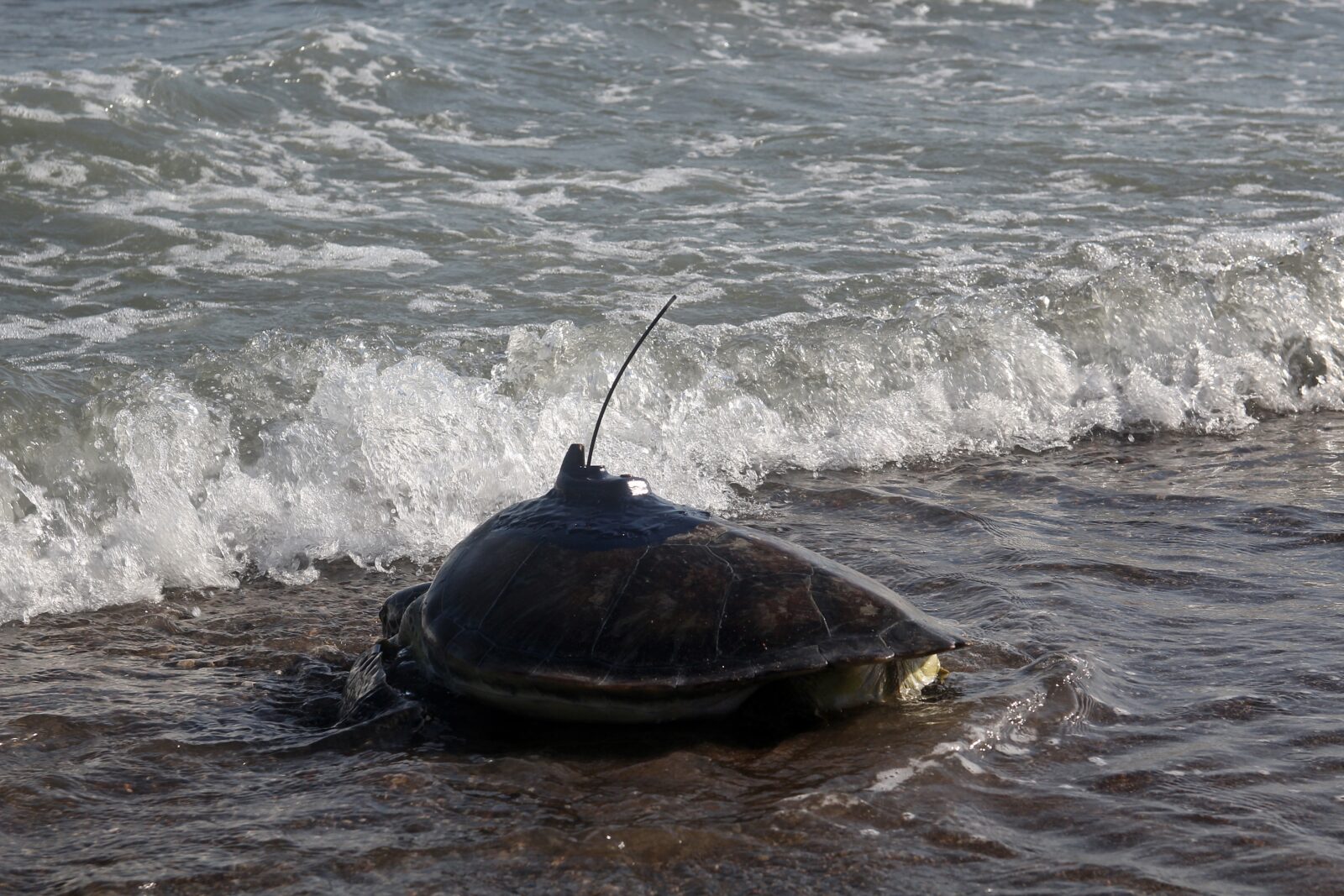
Recovery, recolonization, recovery from Mediterranean environmental crisis
After the Mediterranean reconnected with the Atlantic Ocean, species from the broader ocean began to recolonize the area. This led to the emergence of new Mediterranean fauna, which eventually included species like the great white shark and dolphins.
The study found that the current richness of species in the western Mediterranean only developed after this re-flooding. The eastern Mediterranean, which previously had more diverse species, lost much of its unique biodiversity.
The researchers explain that life did not have enough time to adapt to the new hypersaline environment. Instead, Atlantic species replaced those that had gone extinct. It took more than 1.7 million years for the number of species to recover, illustrating the long-term impact of such an environmental disaster.
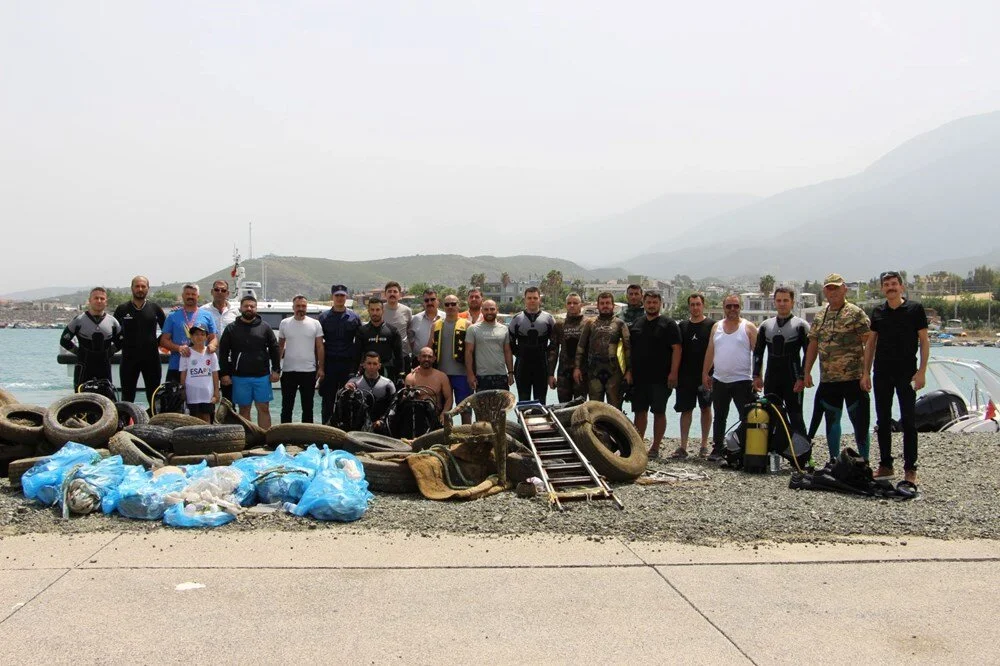
Does the Mediterranean’s past foreshadow future risks?
The ancient environmental challenges faced by the Mediterranean have echoes in the modern-day risks that the region, including Türkiye, faces. The Mediterranean today is under threat from pollution, climate change, and unsustainable practices, all of which risk leading to another ecological crisis.
In Türkiye, recent reports have pointed out alarming issues that threaten the Mediterranean’s current ecosystem. For instance, in Hatay’s Arsuz district, divers participating in a “We Protect Our Sea” in May, 2024 were shocked by what they found during an underwater cleanup—chairs, tires, and ladders instead of fish.
Altan Uzar, President of the Arsuz Water Sports and Sailing Club, emphasized the long-lasting effects of such pollutants, stating that, “These tires poison the sea as long as they remain submerged.”
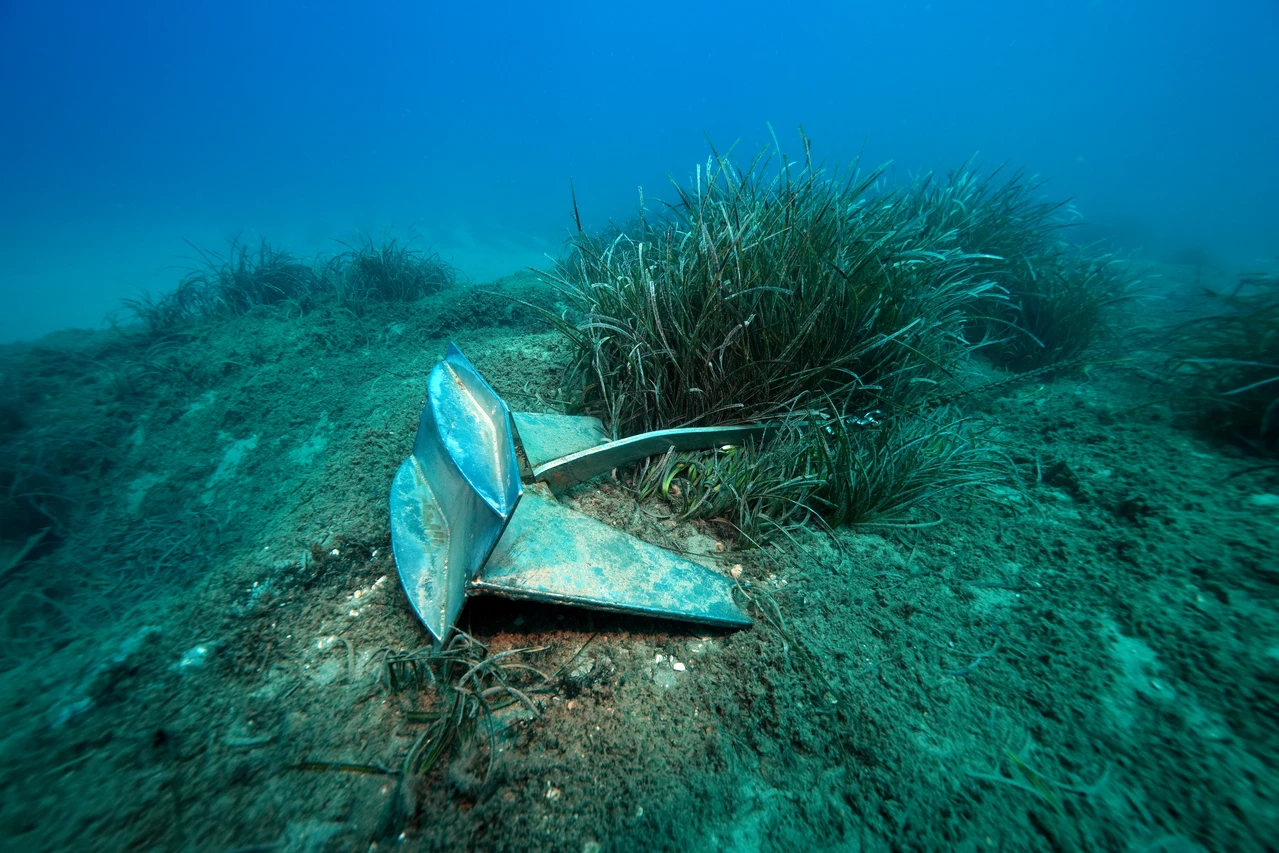
Eastern Mediterranean at grave risk of desertification, Turkish experts say
In addition to pollution, the Eastern Mediterranean is grappling with severe drought conditions, which experts attribute to climate change. “The region is at risk of desertification,” warned Deniz Orhan, President of the Adana Chamber of Environmental Engineers.
The drought not only threatens agriculture in areas like Adana and Mersin but also jeopardizes the region’s tourism potential, as rising temperatures and arid conditions make the area less attractive to visitors.
Furthermore, in Alanya, environmental experts have raised concerns about the damage being done to the “lungs of the Mediterranean,” the posidonia oceanica meadows. These underwater grasslands, crucial for oxygen production, are being destroyed by anchors from tourist boats. Underwater documentary producer Tahsin Ceylan, who documented the destruction firsthand, remarked, “We are witnessing a tragedy,” noting that “without immediate action, the Mediterranean is at risk of becoming a desert.”
Adding to these concerns, a report from the European Environment Agency earlier this year warned that Southern Europe, including Türkiye, faces growing threats from climate change, such as increased forest fires, loss of biodiversity, and severe water shortages. The report also predicts significant agricultural losses and a decline in tourism demand, particularly if emissions continue at current levels.
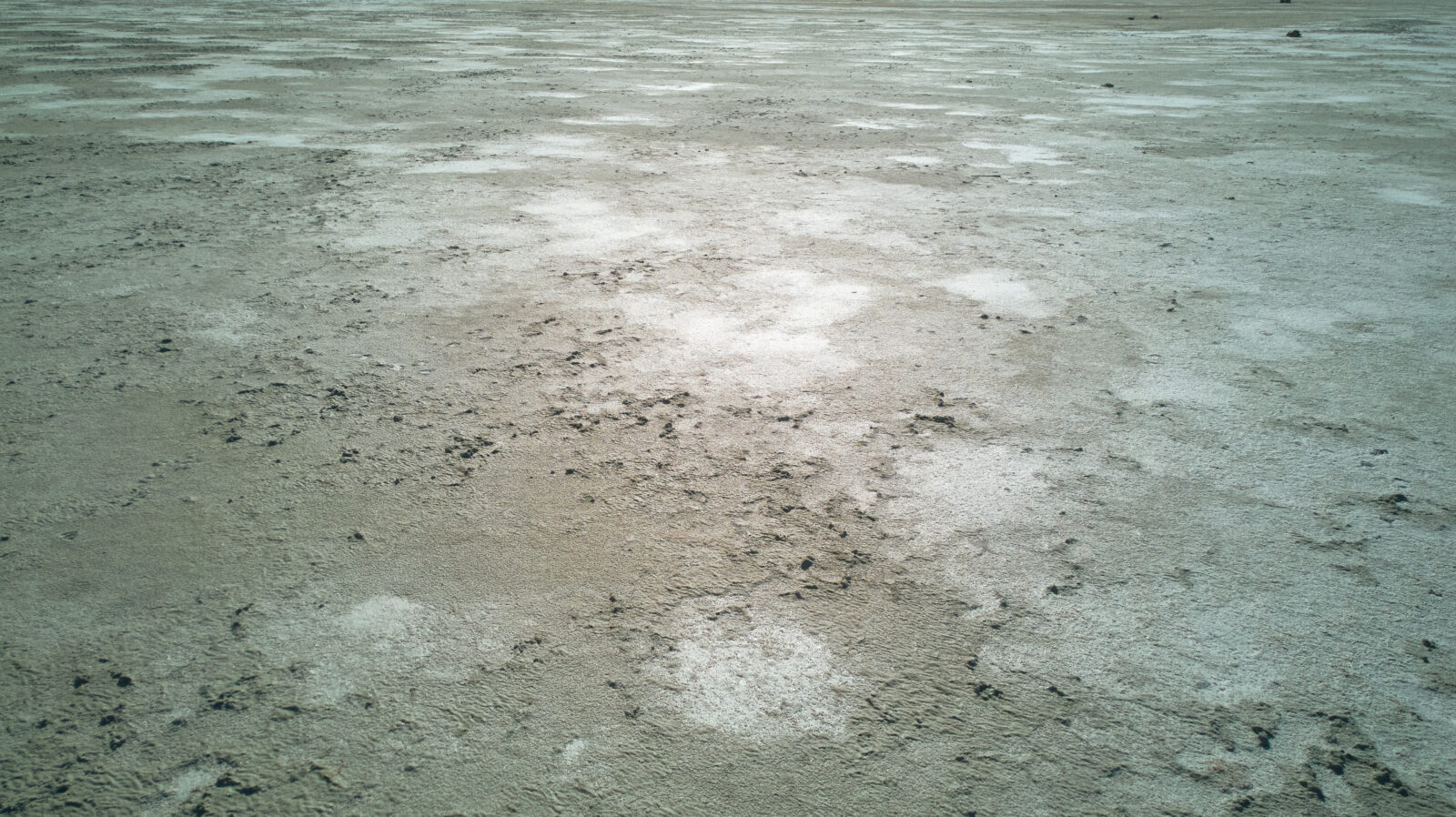
Learning from history to protect future of Mediterranean Sea
The Messinian Salinity Crisis offers valuable insights for today’s environmental challenges. The slow recovery of the Mediterranean’s ecosystems after such a dramatic event serves as a reminder of the long-lasting consequences of environmental disruption. The study suggests that while geoengineering projects might seem like a potential solution to climate change, they could lead to unforeseen and irreversible damage.
Researchers emphasize that “Earth’s geological history provides important lessons that no experiment can fully replicate.” As humanity faces challenges of climate change and ecosystem destruction, the need for sustainable practices and careful consideration of our impact on the environment becomes increasingly clear.



